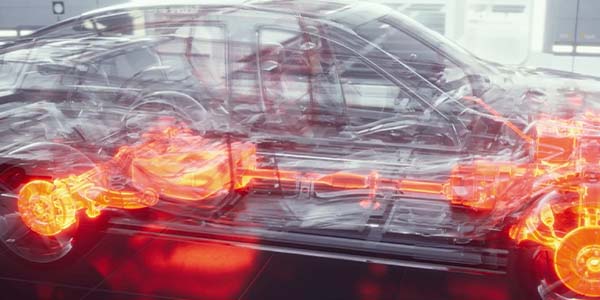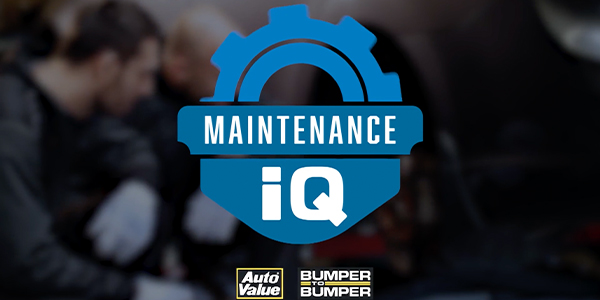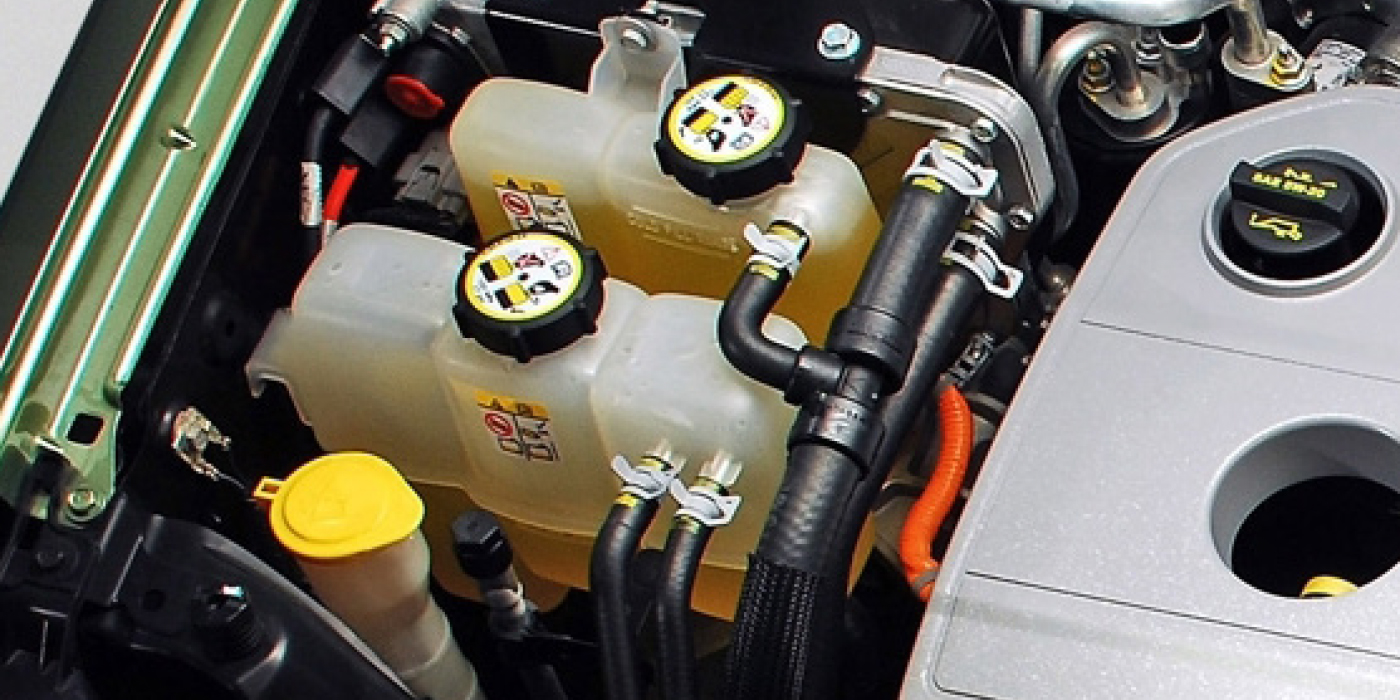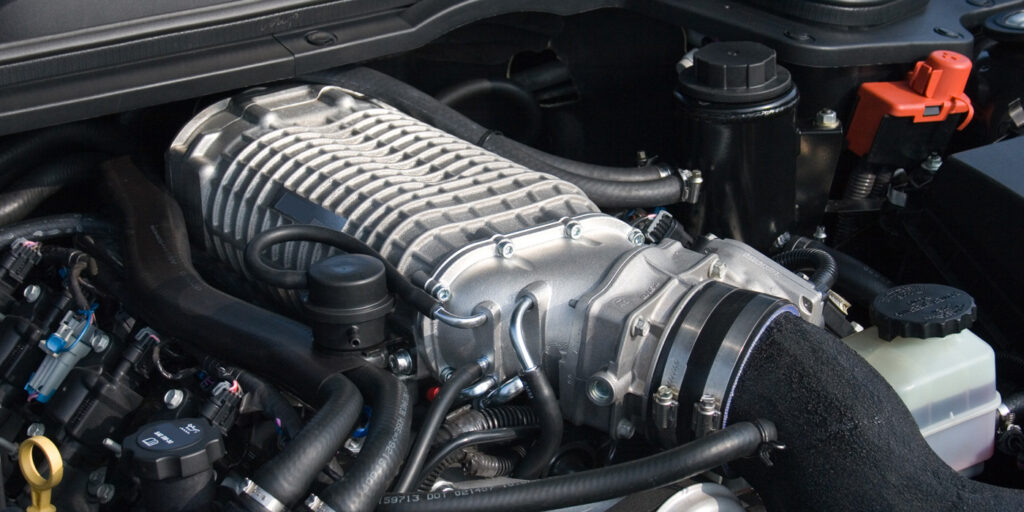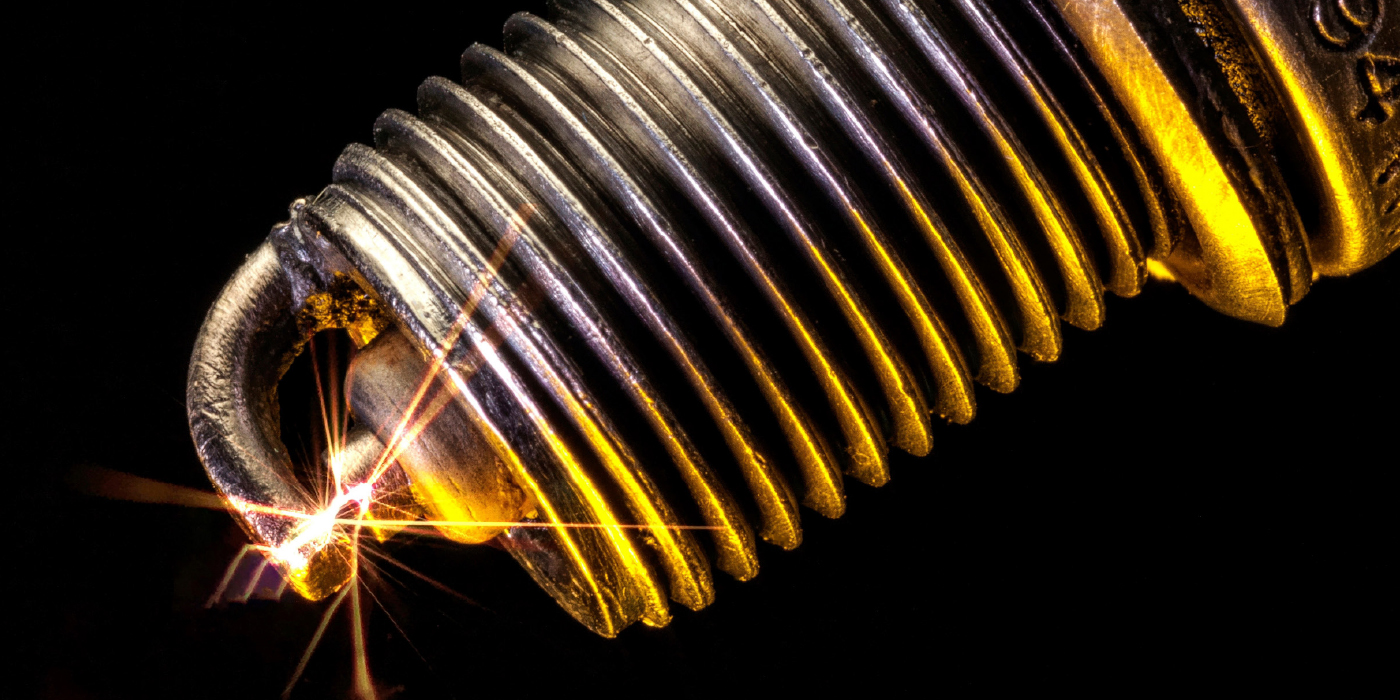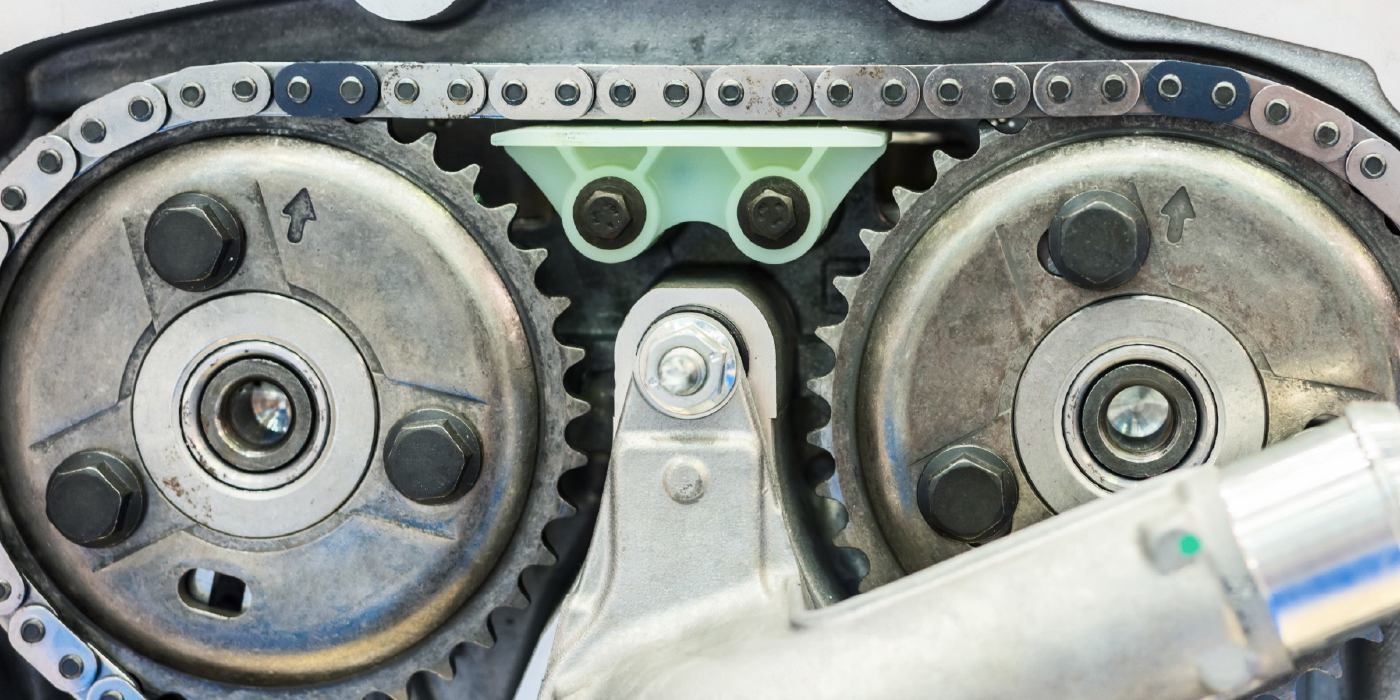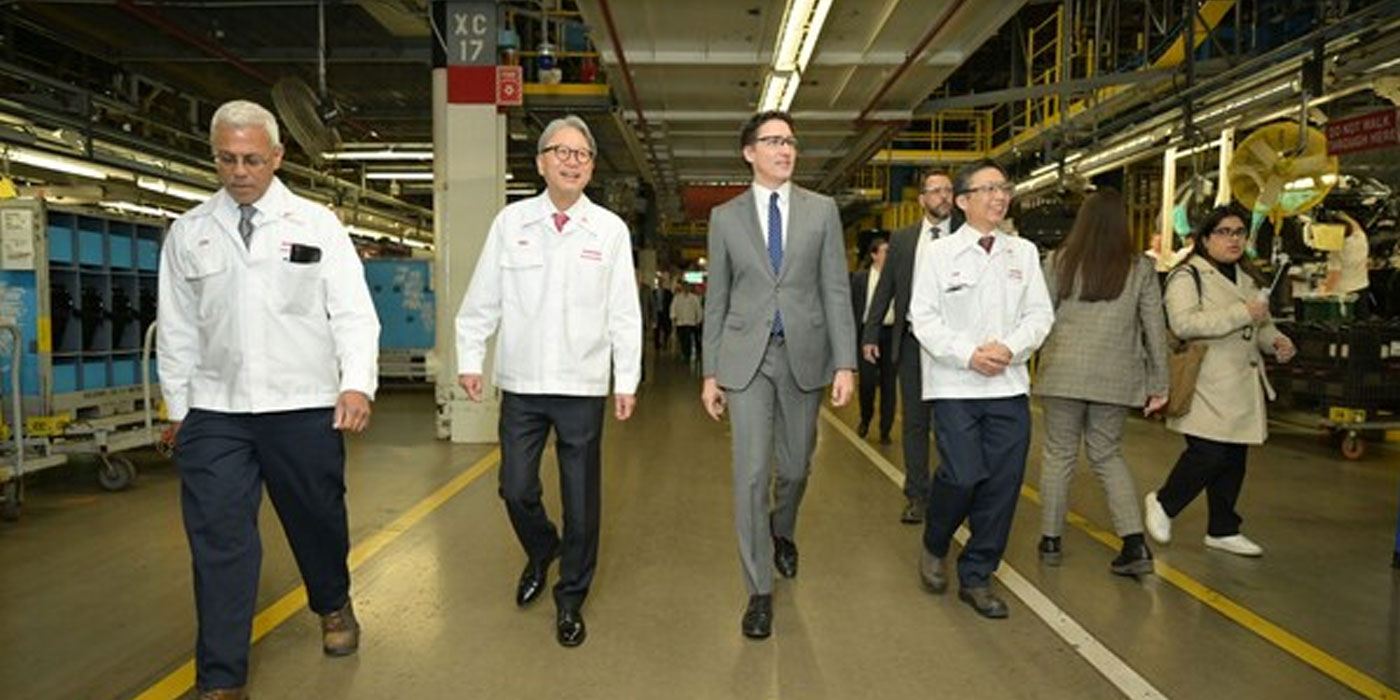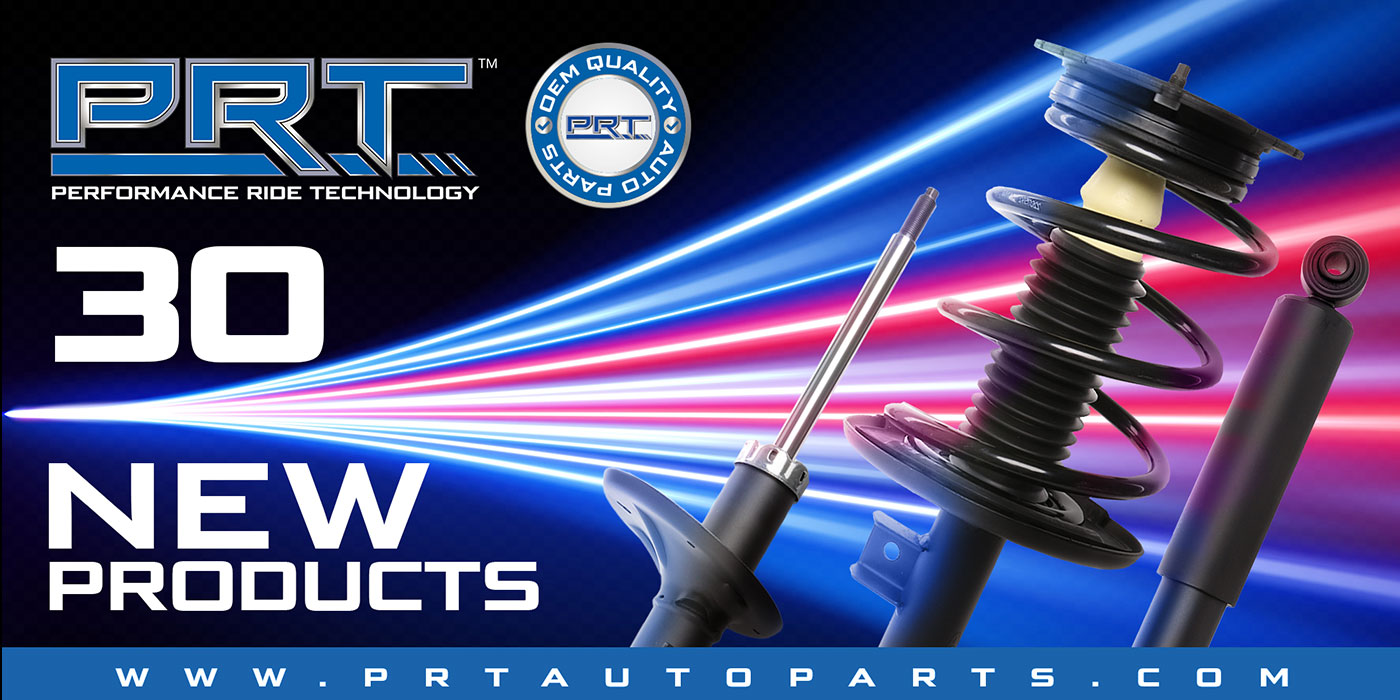Application:
All vehicles with 12-volt starter motors.
Problem:
Slow cranking starter or no crank at all.
Cause:
Possible faulty ground that prevents full voltage to the starter motor.
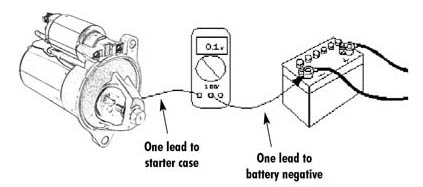 Solution:
Solution:
Most people assume the starter is grounded because it is bolted to the engine. However, that does not mean it’s grounded properly. The combination of road dirt, salt corrosion, engine heat and vehicle age can prevent a good starter-to-engine ground (metal-to-metal contact). A good ground path should measure zero voltage loss (no voltage drop). It is possible that a loose starter, corroded surfaces or faulty ground cables are stealing cranking voltage from the motor. If you just replaced the starter and it cranks slow or not at all, test for a proper ground by using a voltmeter – test, don’t guess!
Test Procedure:
Safely disable the ignition or fuel pump so the engine won’t start. Connect one voltmeter lead to a clean spot on the starter case, and then the other voltmeter lead to the negative battery terminal. Set the meter to the one volt DC scale. With key-on-engine-off, voltage must not exceed 0.1 volts. Now crank the engine for 10 seconds maximum while watching the meter readout. The voltmeter reading should not exceed 0.5 volts. If the voltage drop is greater, look for a ground cable problem or an improperly grounded starter motor as described above.
Tech Tip courtesy of CARDONE.
For additional information on products offered by CARDONE, visit www.cardone.com.

